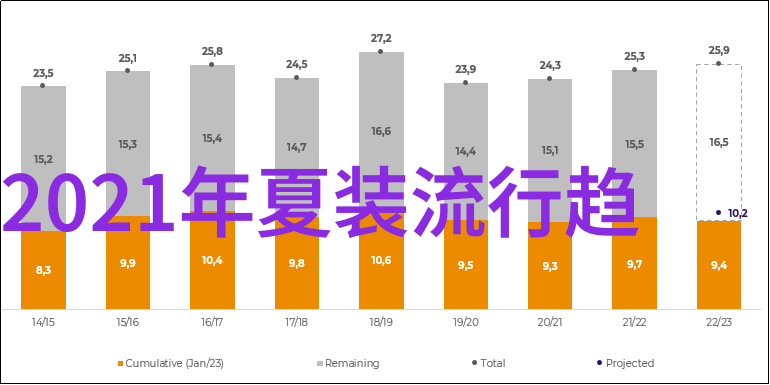您现在的位置是: 首页 - 流行趋势 - Fast Fashions Future Sustainable Styles Take Cente 流行趋势
Fast Fashions Future Sustainable Styles Take Cente
2024-11-22 【流行趋势】 3人已围观
简介Fast Fashion's Future: Sustainable Styles Take Center Stage The Rise of Conscious Consumption The fashion industry has long been plagued by its wasteful and unsustainable practices, but a growing
Fast Fashion's Future: Sustainable Styles Take Center Stage

The Rise of Conscious Consumption
The fashion industry has long been plagued by its wasteful and unsustainable practices, but a growing number of consumers are now demanding change. Conscious consumption is on the rise, with many shoppers opting for second-hand clothing or investing in high-quality items that will last longer than fast fashion staples. This shift in consumer behavior is forcing brands to rethink their production methods and consider more sustainable options.

Eco-Friendly Materials
Eco-friendly materials are becoming increasingly popular in the fashion world, as designers seek to reduce their environmental impact. From organic cotton to recycled polyester, these innovative textiles offer a more sustainable alternative to traditional fabrics. Brands like Patagonia and Stella McCartney have already made significant strides in this area, incorporating eco-friendly materials into their collections while still maintaining style and quality.

Circular Fashion Business Models
Circular business models are another key trend in the future of fast fashion. These models prioritize recycling and upcycling over waste disposal, encouraging consumers to return old garments for repurposing or recycling rather than sending them straight to landfills. Companies like H&M have launched garment collecting initiatives that reward customers for bringing back used clothes, promoting a culture of sustainability within the industry.

Technological Innovations
Technology is also playing a crucial role in shaping the future of fast fashion sustainability. Advances in textile technology have led to the development of self-cleaning fabrics and garments that can monitor vital signs during exercise or medical emergencies – features that not only make life easier for wearers but also help reduce waste from frequent replacements.

5.Sustainable Production Methods
Finally, sustainable production methods are becoming increasingly important as brands strive towards zero-waste factories and carbon-neutral supply chains. Techniques such as 3D printing enable designers to create complex patterns without generating excess fabric waste; meanwhile companies like Reformation aim at using renewable energy sources for powering their manufacturing processes.
In conclusion, while challenges remain ahead for an industry accustomed to rapid turnaround times and cheap prices at any cost – it's clear that trends point toward a future where sustainability takes center stage alongside style trends on catwalks worldwide.
As we move forward with our vision towards greener wardrobes - it becomes evident how much potential there is not just within individual choices but even across entire industries when commitment meets creativity.
Let us embrace this era where every stitch counts - weaving together love for nature & beauty into what we wear daily!





